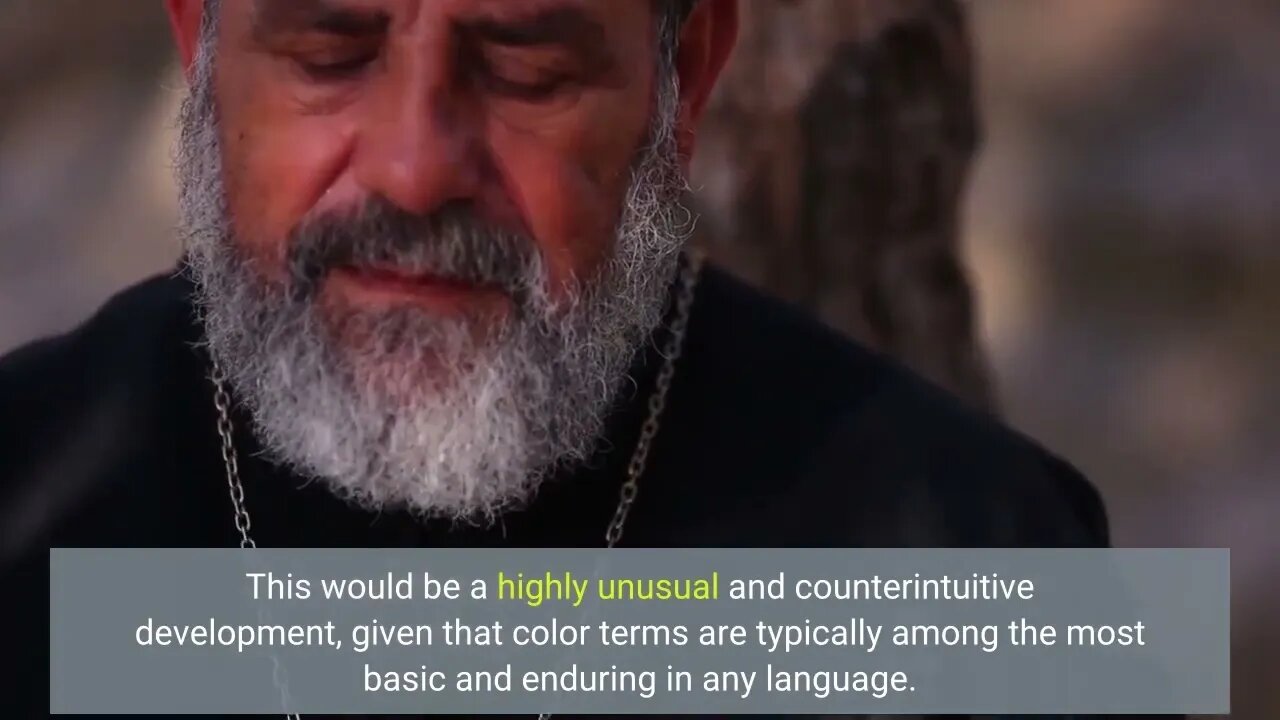Premium Only Content

Black Jesus Removed From Ancient Hebrew?
https://www.etsy.com/shop/BlackJesusImages
Black Jesus Coloring Books - https://amzn.to/3WJjsBR
AI Video Creator - https://paykstrt.com/42278/129400
Free AI Writing For YouTube Videos- https://chat.openai.com/chat
Free AI Pictures - https://openai.com/dall-e-2/
Free Video And Pictures - https://www.canva.com/
Free Amazon KDP - https://kdp.amazon.com/en_US/create
This I All you need to make significant amounts of content for Amazon KDP, YT Scripts, Blog Posts, etc.
Free Keywords to download directly from your competitor's YT Videos and Free AI YouTube Descriptions - https://vidiq.com/aimarketing
BookBolt has unlimited downloadable notebook interiors, Word Search Creator, Multiple Puzzle Creators, and a streamlined process for uploading books to amazon- https://bookbolt.io/3069.html
Free Keywords to download directly from your competitor's YT Videos and Free AI YouTube Descriptions - https://vidiq.com/aimarketing
The word "black" has long been a source of controversy in the field of linguistics and biblical translation. According to basic language evolution theory, words for colors are among the first that a child learns, and they tend to be among the most stable and enduring in a language. This is because the perception of color is universal, and it is an important part of the way humans communicate and understand the world around them.
However, in the ancient Hebrew language, the word "black" appears to be conspicuously absent. This has led some scholars to question the validity of traditional translations of the Bible, and to suggest that there may be some underlying bias or agenda at play in the way the text has been translated over the centuries.
One possible explanation for the absence of the word "black" in ancient Hebrew is that it simply did not exist in the language. This would be a highly unusual and counterintuitive development, given that color terms are typically among the most basic and enduring in any language. However, it is not entirely unprecedented. For example, the ancient Greek language also lacks a word for the color "black," and instead uses the word "dark" to describe it.
Another possible explanation for the absence of the word "black" in ancient Hebrew is that it was deliberately excluded or suppressed for some reason. This could be due to cultural or ideological reasons, or it could be a result of translation errors or omissions.
There are several examples in the Bible where the word "black" might be expected to appear, but it is instead translated as some other term. For instance, in the book of Exodus, Pharaoh's heart is described as being "hardened" or "made stubborn," which some scholars have interpreted as a metaphor for "blackness" or "darkness." Similarly, in the book of Job, the biblical character is described as being "covered in darkness," which could potentially be translated as "covered in blackness."
The lack of a word for "black" in ancient Hebrew has also raised questions about the physical appearance of biblical characters and figures, such as Jesus and the ancient Israelites. Some scholars have suggested that these characters may have been depicted as having dark skin, while others have argued that they were more likely to have had a more Mediterranean or Middle Eastern appearance.
Ultimately, the absence of the word "black" in ancient Hebrew is a mystery that may never be fully resolved. It is possible that the word simply did not exist in the language, or that it was deliberately excluded or suppressed for some reason. Whatever the case may be, it is clear that the translation of the Bible has been a complex and often controversial process, and that there are still many mysteries and ambiguities surrounding the ancient text.
#blackjesus #religion #truth #trapgospel #biblestudy #biblereading
-
 LIVE
LIVE
Right Side Broadcasting Network
17 hours agoLIVE: Kash Patel Testifies at Senate Confirmation Hearing for FBI Director - 1/30/25
32,663 watching -
 LIVE
LIVE
Bannons War Room
8 hours agoFBI Director Nominee Kash Patel Testifies at Confirmation Hearing
12,423 watching -
 LIVE
LIVE
Benny Johnson
1 hour ago🚨PANIC: Kash Patel FBI Director Confirmation Hearing LIVE Right NOW | Deep State on Life Support
25,009 watching -
 LIVE
LIVE
Matt Kohrs
10 hours agoMarket Open: New Highs Incoming! (META, NVDA & TSLA) || The MK Show
969 watching -
 43:25
43:25
BonginoReport
4 hours agoRFK Jr. Goes To War With Big Pharma (Ep.129) - 01/30/2025
27.4K34 -

Graham Allen
2 hours agoHelicopter CRASHES into plane over DC! + RFK Hearing Gets INTENSE And META To Pay Trump $25M!
11.2K14 -
 LIVE
LIVE
Randi Hipper
44 minutes agoFrom Regulation to Integration: Powell Allows Banks to Embrace Crypto
100 watching -
 LIVE
LIVE
Wendy Bell Radio
5 hours agoBig Pharma B*tches
10,827 watching -
 UPCOMING
UPCOMING
Vigilant News Network
16 hours agoRFK Jr. Stuns Critics: Will He Be Confirmed? | The Daily Dose
12.2K2 -
 LIVE
LIVE
NEWSMAX
1 month agoNEWSMAX2 LIVE | Real News for Real People
6,362 watching